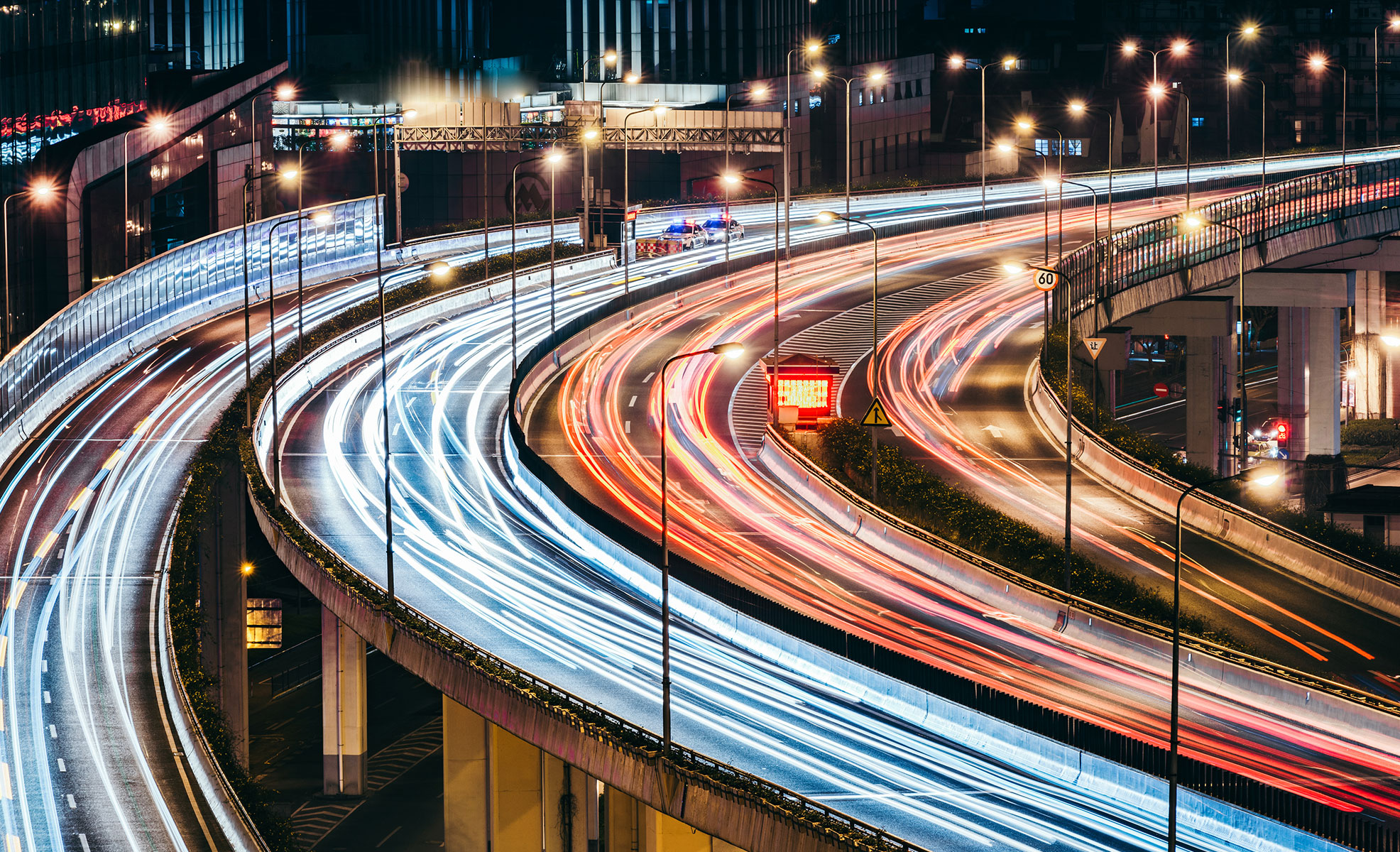
The Future of Driving: Is the driverless car turning your corner now?
Is this a test drive that will change things forever? There’s been talk for quite a while now about driverless cars but events late last year meant their reality has turned another corner.
Schemes across four UK cities (Bristol, Milton Keynes, Coventry and Greenwich) will begin shortly and research will be undertaken into practicality, safety and congestion-reducing capabilities.
But if it’s successful, will this mean our love affair with the car is starting to come to an end?
The cynics and Top Gear presenters will obviously dismiss this as pipe dreams of the vegetarian eco-warriors but with big names such as Ford and JLR behind two of the schemes this is more serious than some would hope.
Given that a large percentage of us supposedly buy our cars on the way they feel and drive (just take a look at 95% of car commercials from the last 20 years) are car brands going to have to rethink how they market themselves over the coming decades?
City cars (and taxi replacements) will be one thing but when (and it’s not if) this expands, how many of us will care about the metal on the drive?
Driving experience will be replaced with comfort and in-car entertainment.
We’ll be able to relax, possibly even sleep, catch up on the latest TV and have extra time for last minute preparations for the meeting we’re heading to.
There’ll even be more time for the social media selfie enthusiasts — #looknohands
Brands, manufacturers and indeed dealers need to start considering now though how they can take advantage of these new possibilities.
As the drivers/passengers will be hungry for content, and something other than the scenery to occupy their free time what can be done?
Well, here’s a few ideas to get things going:
- Geo-location targeting. At the push of a ‘take me there’ button, the car can be instructed to detour to the dealership and see the latest stock or have a service.
The CRM systems we have built so far are going to become bigger, more complex and even more vital to tracking the needs and desires of our clients customers and prospects. - Windscreens will eventually be replaced by TV screens.
- Branded Immersive 360 VR experiences can be achieved. Why look out over the Westway on your morning commute when you could download software that gives you control of a DB9 over the Pyrenees?
- We’re already in the age of 3rd screen relaxation in our homes. While on the morning commute, the news plays on one screen, work is done on a tablet and Social Media streams scan through in the background. Human nature won’t change, we’ll still want to be entertained and informed.
- Branded content and relevant, targeted messaging will be key to fill our new-found leisure time.
Reviews, recommendations and advice will take on a whole new importance.
However, why would any of us need a car parked up on the drive?
If, at the touch of a smartphone button, we can summon a vehicle to take us anywhere we want and pay a nominal mileage charge, what’s the point in ownership?
So it appears the automation of the car industry will continue and with it take more jobs that are the preserve of the working class.
Robots have long built the cars and in the near future, industries such as lorry, coach and taxi drivers will inevitably become redundant and something of a bygone era.